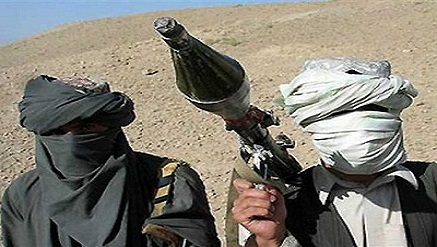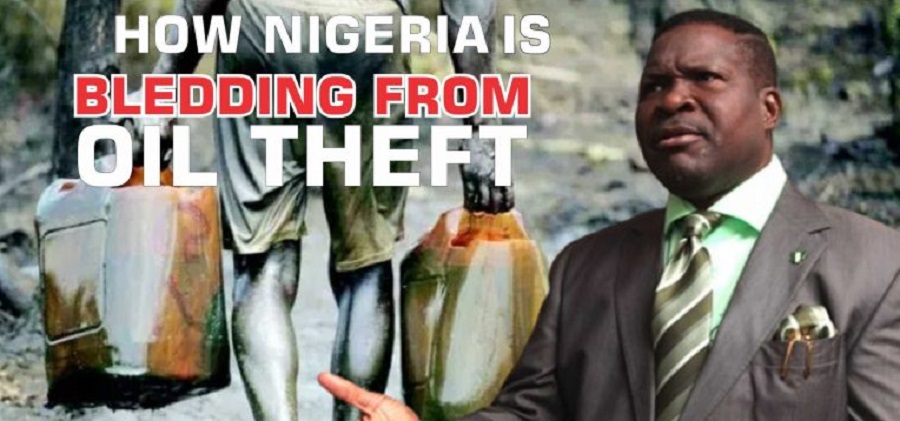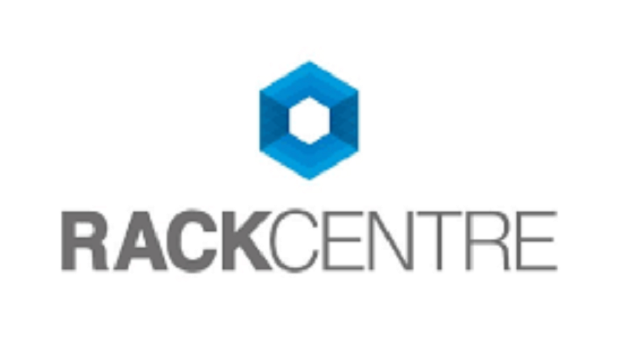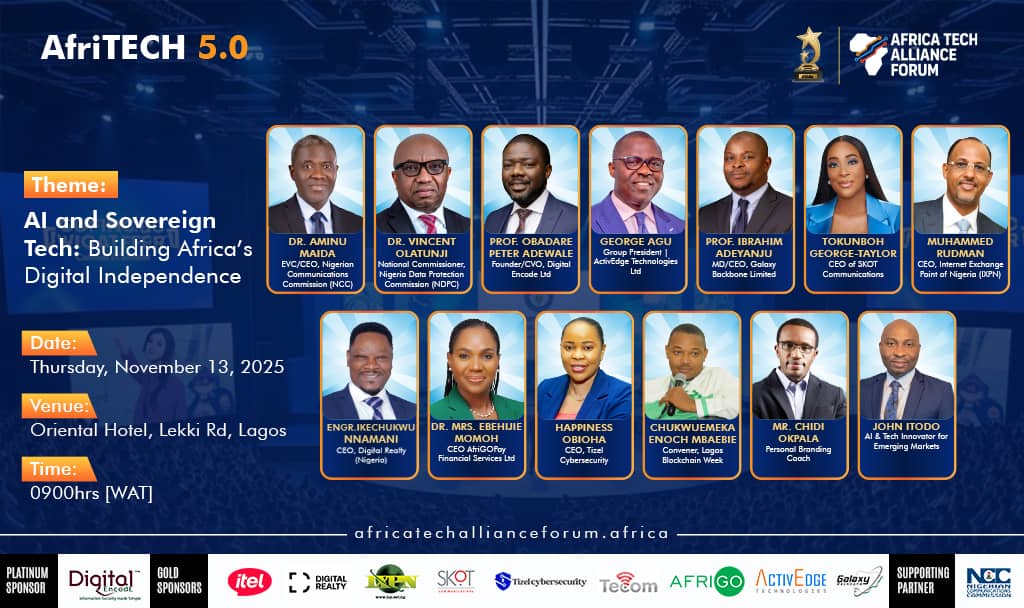General News
Revealed! How Middle Eastern Backers Fund Boko Haram

Boko Haram’s recent attacks are notable for the expensive military hardware on display. Where is it getting funds to acquire these hardware?
The Independent reports on the sources of this money, from wealthy Middle Eastern backers to the black market
If there was an exact moment that the international community understood the breadth of Boko Haram’s evil, it came last month, when the group’s leader grinned and announced that he would sell more than 200 kidnapped schoolgirls in his “market of selling human beings”.
Behind Abubakar Shekau, a man who rose to the top of Boko Haram through unmatched brutality and religious fanaticism, loomed several armoured vehicles.
Local experts said the video was likely to have been filmed in the remote Sambisa forest in north-eastern Nigeria. The juxtaposition between rural land and advanced machinery made a jarring contrast.
Despite the poverty of northern Nigeria – where 70 per cent of people live on less than 60p a day – the Boko Haram terrorist group has at its disposal a seemingly limitless amount of heavy weaponry, vehicles, bombs and ammunition that it uses to kill with unfathomable wantonness.
The Islamic militants, masquerading as members of the military, raided three villages in north-eastern Nigeria this week and killed 400 villagers “from house to house” using “sophisticated weapons”, one local leader told Bloomberg.
Dozens more Boko Haram members arrived at another village, Bargari, disguised as preachers and assembled all those living in the village, ostensibly to teach Islam. Once they had gathered, another “large number of terrorists” arrived and “opened fire on the congregation”, one resident told Nigeria’s Daily Post.
“The gunmen numbering 20 ambushed the village with four Toyota Hilux vehicles, AK-47 rifles, improvised explosive devices, and petrol bombs,” the paper said.
Saleh Mohammed, a member of Civilian JTF – one of a number of vigilante groups that have sprung up to fight the militants – told Reuters: “Boko Haram wreaked havoc in the villages. They burned houses and killed people mercilessly after tricking the residents.”
The expensive equipment on prominent display soon prompted questions about who was funding Boko Haram’s campaign of slaughter.
According to a survey of academic, governmental and journalistic accounts, Boko Haram funds its escalating acts of terror through black market dealings, local and international benefactors, and links to al-Qa’ida and other well-funded groups in the Middle East.
Analysts say its fundraising apparatus is intricate and opaque. “The actual source of the funding is as elusive as the militants themselves,” Heather Murdock wrote for Voice of America.
The story of Boko Haram’s fundraising began after the 2001 terrorist attacks on the World Trade Centre and the Pentagon.
The group’s original leader, a charismatic cleric named Mohammed Yusuf, who was later killed, founded the group in 2002 pushing an alternative to Western education, which he claimed undermined Nigeria’s development. (The group’s Hausa name translates as “Western education is sin”.)
Around that time, Osama bin Laden sent an aide to Nigeria with about £1.8m in local currency to dispense among groups that shared al-Qa’ida’s mission to impose Islamic rule. One of the “major beneficiaries”, the International Crisis Group said, was Boko Haram.
EJ Hogendoorn, the International Crisis Group’s deputy programme director for Africa and an author of the report, told The Daily Beast: “What I can tell you from talking to lots of conservative Muslims in Nigeria is that there was a lot of money coming into northern Nigeria. There are many sources of that money. One of those sources was from al-Qa’ida.”
The connection between Boko Haram and al-Qa’ida – and its money – perhaps deepened when Yusuf fled to Saudi Arabia to escape one of Nigeria’s first crackdowns on the terrorist group. It remains unclear what happened while he was in Saudi Arabia, or who he met, but Boko Haram leaders have later said that much of their funding comes from al-Qa’ida.
A Boko Haram spokesman said in 2011: “Al-Qa’ida are our elder brothers. We enjoy financial and technical support from them. Anything we want from them we ask them.”
But even such alleged financial connections with al-Qa’ida cannot explain Boko Haram’s money. The group reportedly also gets cash from Islamic terrorist groups such as al-Shabaab in Somalia and local al-Qa’ida affiliates.
Then there’s the black market money. Beyond a hatred of Western education, economic motives may have also driven Boko Haram’s recent abduction of the schoolgirls. A robust and terrifying slave market exists in Nigeria and neighbouring countries.
The Combating Terrorism Centre at West Point, the US military academy, said: “Kidnapping has become one of [Boko Haram’s] primary funding sources, a way to extract concessions from the Nigerian state and other governments, and a threat to foreigners and Nigerian government officials.”
Experts now estimate that kidnapping is worth “millions of dollars in ransom money” to the militants.
What experts agree on is that one of the best ways to stall Boko Haram is to cut off its funding. But how to do that remains unclear. The group is an entrenched part of life in northern Nigeria, possessing control and influence, and even collecting taxes.
Next week, Foreign Secretary William Hague will host a meeting of African and Western officials in London aimed at stepping up efforts to defeat the militants. Its effectiveness may hinge on the West’s ability to cut off the group’s funding
General News
Senate Committee Says $300Bn Lost to Oil Theft

The Senate ad hoc committee investigating persistent crude oil theft in the Niger Delta has disclosed that a forensic audit conducted by independent consultants revealed that suspected oil thieves stole more than $300 billion worth of oil, which ought to have been Nigeria’s proceeds from crude oil sales.

Senator Ned Nwoko, chairman of the committee made the disclosure this while presenting an interim report of the committee during Wednesday’s plenary, adding that the findings were based on a forensic review conducted by consultants engaged by the committee.
The Senator representing Delta North Senatorial District explained that the stolen funds were traced to both local and international transactions, however, requested that the committee should be given the mandate to track, trace, and recover all proceeds of stolen crude oil both locally and internationally
“The ad hoc committee should be given the mandate to track, trace, and recover all proceeds of stolen crude oil both locally and internationally, as forensic review by the consultant shows over $22 billion, $81 billion, and $200 billion remains unaccounted,” he said.
Nwoko who did not disclosed identity of the consultants, stated that the period covered by the forensic report, the identities of the suspected perpetrators and the companies allegedly involved.
The federal lawmaker, however, pointed out that the report was interim, suggesting that more findings would be made public in the committee’s final submission, adding that the committee recommended that the Nigerian government establish a special court dedicated to prosecuting oil-related offences and offenders appropriately.
General News
Rack Centre, EdgeNext Debut new Cloud Services in Nigeria

Rack Centre, a Nigerian data centre, and EdgeNext, a global edge cloud provider, have announced new Content Delivery Network (CDN) and cloud hosting services, in response to the country’s growing demand for high-performance digital infrastructure.

The services, which are hosted at Rack centre’s Tier III cloud-neutral data centre in Lagos, are intended to improve content delivery, reduce latency, and boost cloud hosting efficiency for Nigerian companies and users.
EdgeNext’s global acceleration network will enable faster and more dependable performance for video streaming, social media, e-commerce, and gaming platforms.
The company also intends to launch specialised gaming cloud solutions designed specifically for Nigeria’s burgeoning gaming community, with low latency and high concurrency capabilities for mobile and PC gamers.
Terence Wang, CEO of EdgeNext, commented that the launch represents a significant milestone in the company’s growth, and that the relationship with Rack Centre would ensure “secure, reliable, and low-latency services” for Nigerian organisations and developers.
Rack Centre CEO Lars Johannisson noted that the arrival of EdgeNext demonstrates the robustness of Nigeria’s digital infrastructure ecosystem.
General News
Countdown to AfriTECH 5.0: Meet the Speakers Driving Conversations on Africa’s Digital Independence in the AI Era

The stage is set for the fifth edition of the Africa Tech Alliance Forum (AfriTECH 5.0), scheduled to hold on Thursday, November 13, 2025, at the Oriental Hotel, Lekki Road, Lagos.

The conference will commence at 9:00 AM (WAT), bringing together Africa’s foremost technology leaders, innovators, regulators, and investors to discuss the theme:
“AI and Sovereign Tech: Building Africa’s Digital Independence.”
As Africa continues to deepen its digital transformation agenda, AfriTECH 5.0 will explore how artificial intelligence (AI), indigenous innovation, and sovereign technologies can accelerate the continent’s quest for digital autonomy, security, and sustainable growth.
Distinguished Speakers and Thought Leaders
This year’s edition will feature a lineup of prominent industry leaders, policymakers, and innovators including: Dr. Aminu Maida, Executive Vice Chairman/CEO, Nigerian Communications Commission (NCC); Dr. Vincent Olatunji, National Commissioner, Nigeria Data Protection Commission (NDPC); Prof. Obadare Peter Adewale, Founder/Chief Visionary Officer, Digital Encode Ltd; George Agu, MD/CEO, ActivEdge Technologies Ltd., Prof. Ibrahim Adeyanju, MD/CEO, Galaxy Backbone Limited; Tokunboh George-Taylor, CEO, SKOT Communications; Muhammed Rudman, CEO, Internet Exchange Point of Nigeria (IXPN); Engr. Ikechukwu Nnamani, CEO, Digital Realty Nigeria, and Dr. (Mrs.) Ebehijie Momoh, CEO, Afrorgy Financial Services Ltd.
Other speakers are; Happiness Obohia, CEO, Tizeti Cybersecurity; Chukwuemeka Enoch Mbabaie, Convener, Lagos Blockchain Week; Mr. Chidi Okpala, Personal Branding Coach; John Itodo, AI & Tech Innovator for Emerging Markets, amongst others.
These speakers will provide insights on how Africa can leverage homegrown technologies and AI-driven systems to strengthen its digital sovereignty and competitiveness.
“AfriTECH 5.0 promises a robust and interactive agenda featuring, Keynote Presentations from industry regulators and global tech leaders; Goodwill Messages from government representatives and policy influencers; a Fireside Chat hosted by Lagos Blockchain Week, focused on decentralized systems and blockchain innovation; Panel Discussions addressing data governance, fintech inclusion, cybersecurity, and the AI economy; a Tech Exhibition, showcasing innovative digital products and solutions from leading companies, and the prestigious Africa Tech Alliance Excellence (ATAEx) Awards, celebrating organizations and individuals driving excellence in Africa’s digital ecosystem”, said Mr. Chike Onwuegbuchi, the co-convener of AfriTECH 5.0.
AfriTECH 5.0 is supported by a coalition of technology enablers and sponsors including; Platinum sponsor: Digital Encode Limited.
Others are Gold Sponsors; itel, SKOT Communications, Tecom, Afrigo Payment Financial Services Limited, Tizel Cybersecurity ActivEdge Technologies, Galaxy Backbone Ltd, while the Nigeria Communications Commission (NCC) is a supporting partner.
Africa Tech Alliance Forum (AfriTECH) is a premier annual event dedicated to driving conversations and collaborations around Africa’s digital transformation.
The platform connects stakeholders across policy, technology, and business to shape the continent’s tech-driven future.
Participation at AfriTECH 5.0 is free, but registration is required and can be done via the link: www.africatechallianceforum.africa.

 E-Financial2 days ago
E-Financial2 days agoZachXBT, Crypto Investigator Lists Nigeria, Others as Worst Jurisdictions for Scam Victims

 Telecom2 days ago
Telecom2 days agoFUNAAB 500-Level Student Wins 5th Brand New Car at MTN Pulse Campus Invasion

 Telecom2 days ago
Telecom2 days agoEricsson, MTN Nigeria Boost Network With New Tech

 Telecom2 days ago
Telecom2 days agoLagos to Launch Automated Telecom Permit System by 2026

 News2 days ago
News2 days agoFG Taps John Nwabueze as First Tax Ombudsman

 E-Business2 days ago
E-Business2 days agoReport Reveals DLL Hijacking Attacks have Doubled since 2023

 Telecom2 days ago
Telecom2 days agoGlo Unveils New “Glo Collabo Bundles,” Offers More Value for Less

 E-Financial2 days ago
E-Financial2 days agoFirms Eye Fintech Model for Insurance



























